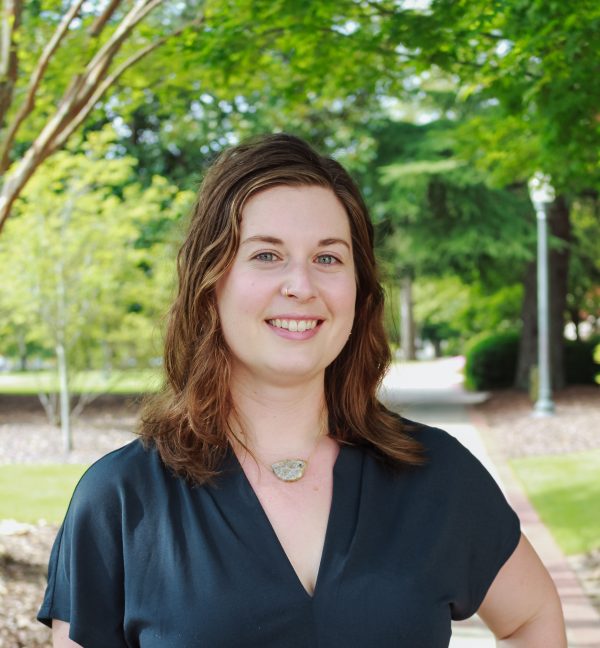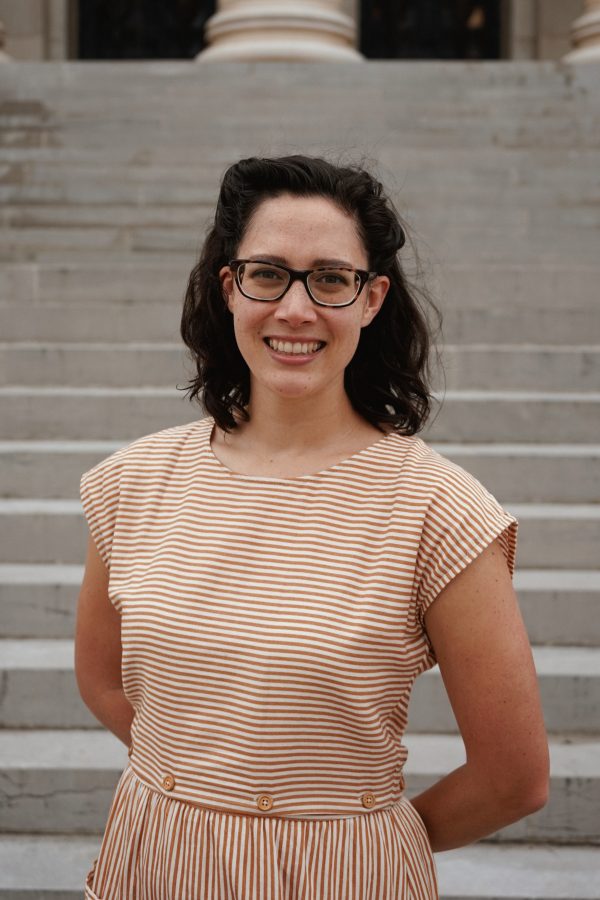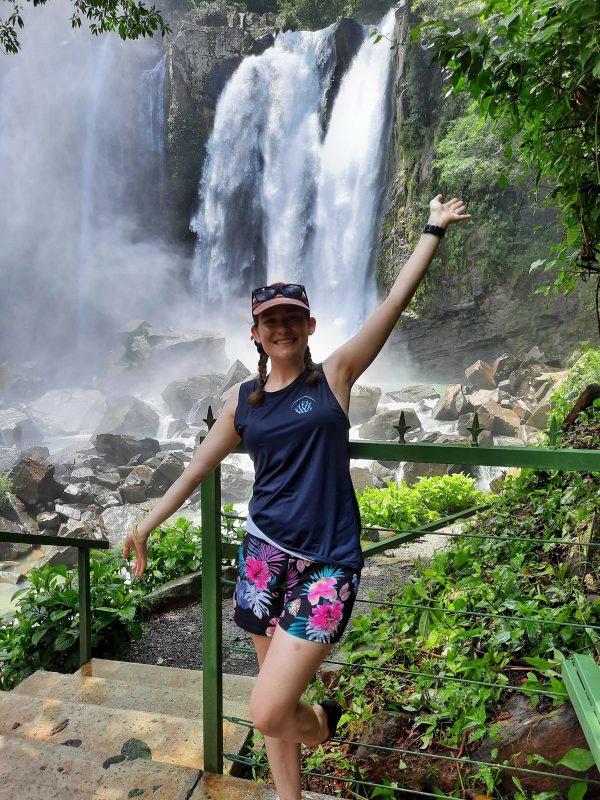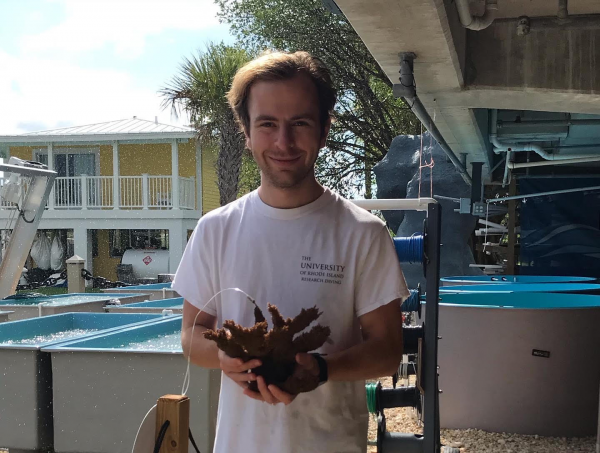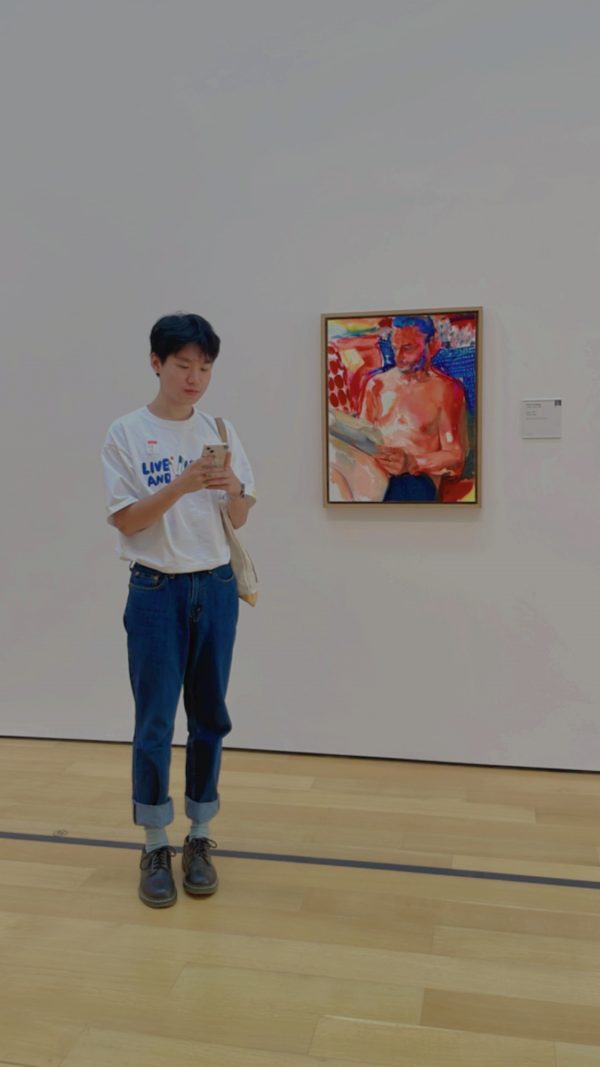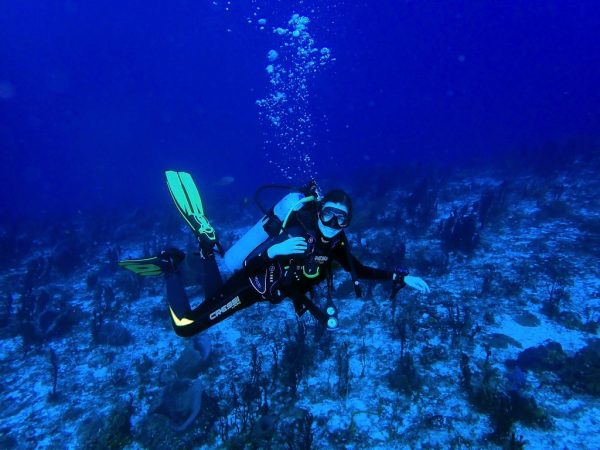B.Sc University of Oregon (2010)
Ph.D. the University of Texas at Austin (2012-2017)
Postdoctoral Researcher, University of California Santa Barbara (2017-2019)
Research Assistant Professor, Auburn University (2019-2022)
Assistant Professor, Texas A&M University (2022-present)
I am a marine molecular ecologist interested in mechanisms of organismal responses to the environment. I investigate how marine invertebrates respond to predicted changes in ocean environments from the level of genes to populations in an evolutionary ecology context. The overarching theme of my research program is to investigate how our changing climate influences ecological and evolutionary responses of marine invertebrates.

